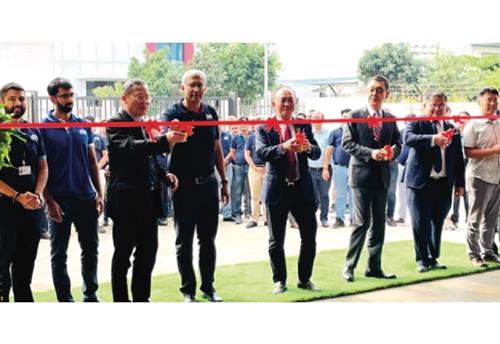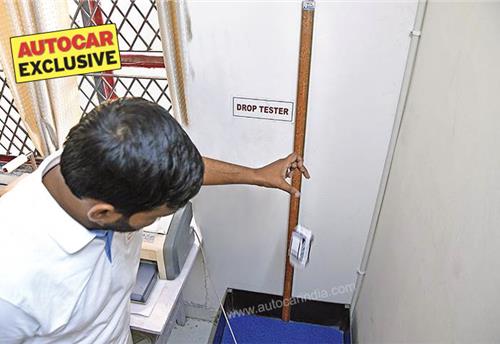Virtual showrooms: e-state-of-the-art sell
Nitin Vats, CEO of Brain Programmers, explains to Aditya Bengali his indigenously developed concept and what could likely be the future of automobile retail. Can automotive retail go sci-fi?
Walk into an automobile showroom and a humanoid replica of your favourite celebrity guides you through the cars and two-wheelers on display. If you wonder what the car looks like in maroon or how the engine internals perform, a simple hand gesture can paint the car or extract its engine and assuage your curiosity.
This is Meerut-based, 29-year-old math wizard and founder of Brain Programmers, Nitin Vats’ vision of an ideal automobile showroom. Vats’ company is committed to developing ultra-realistic, virtual showrooms that apart from creating almost life-like virtual automotive models, offers the option of virtual sales staff too.
Many-a-times, people buy a vehicle in the variant and colour of their choice by looking at a brochure and a key-ring with shade samples. “If you’re in the market to buy a new automobile, chances are you will like to compare at least 2 or 3 models before zeroing in on one. Additionally, in the showrooms, you will almost certainly not find all the combinations of colours and trim options across the OE’s portfolio,” says Nitin.
This is especially a problem with luxury car manufacturers which offer several combinations of interior trim and exterior paint.
Globally, some manufacturers have resorted to an orthodox solution. For example, BMW in Abu Dhabi constructed a huge 35,000 square metre showroom to showcase 70 cars and 10 motorcycles in various colours and trim levels. Setting this up cost it US$ 81 million (about Rs 486 crore). Similarly, Audi invested a whopping US$ 245 million (about Rs 1,470 crore) in Dubai to set up a 15,000 square metre showroom showcasing 57 vehicles.
Vats cogently argues that the expenses of setting up such mammoth showrooms are an unnecessary waste of company resources and manufacturers can, instead, opt for adopting a virtual showroom for a fraction of the cost. Yes, the concept of three-dimensional car models isn’t new and manufacturers such as Audi, Nissan and BMW have invested millions of dollars to develop their own virtual reality models in some of their showrooms.
Yet, Vats reasons that the current crop of three-dimensional and virtual reality car models developed by them are far from convincing. He emphasises that there is a need for such showrooms to be more realistic in terms of their size, texture, details and functionality to replace a real car on the showroom floor; hence defeating the purpose. Also, if carmakers choose to develop these technologies themselves, it will utilise a lot more time and money as they would have to begin from scratch.
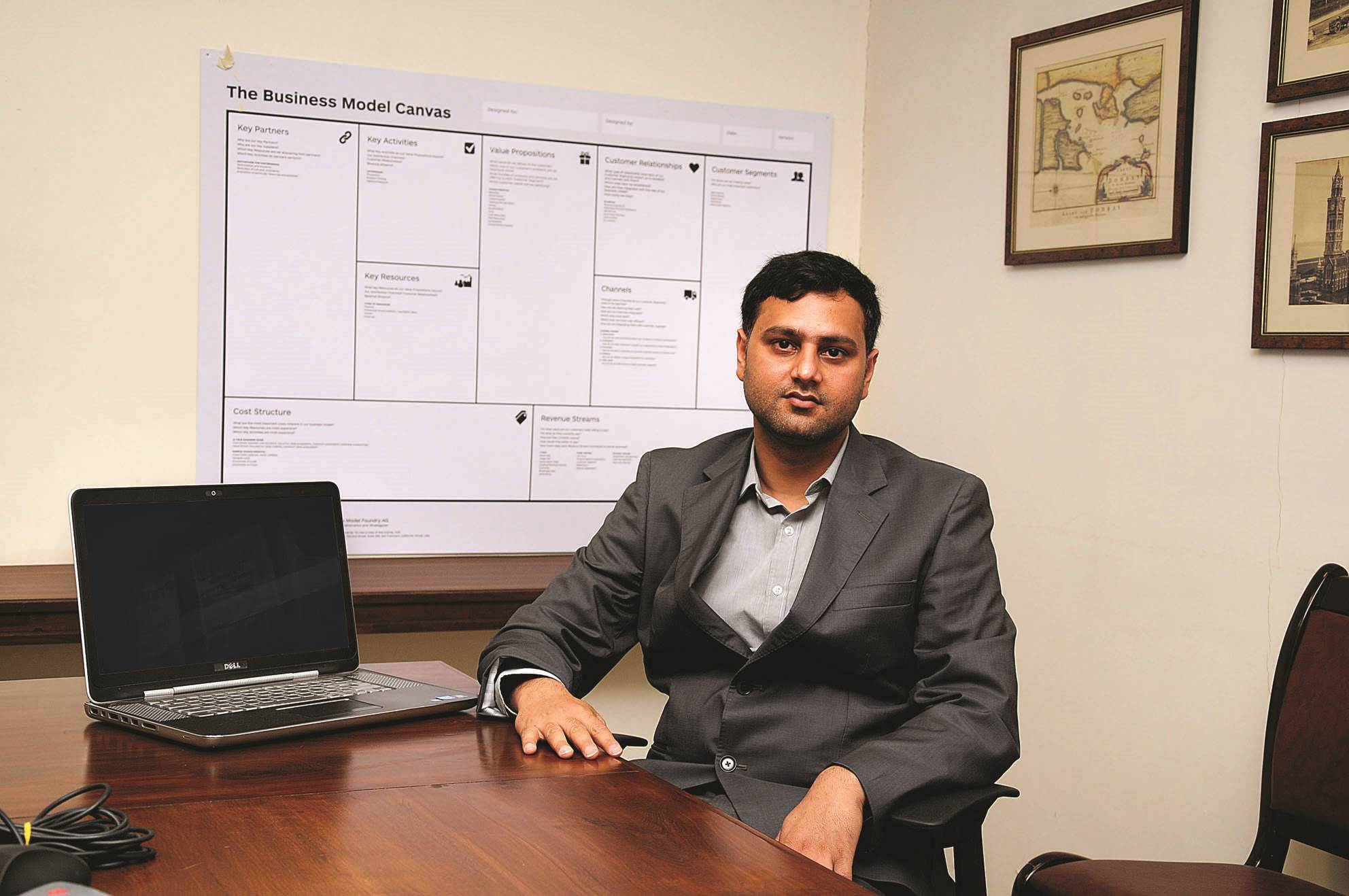
To make the virtual models look accurate, Vats’ team spends about a month scanning every small detail of an actual car or bike including running gear and underpinnings. This data is then crunched by their proprietary software to create lifelike renderings. This typically takes three months to deliver. Interacting with the model (flipping it around, opening doors, operating the electronics in the cabin etc.) is done via a motion sensor (such as Microsoft’s Kinect) programmed for intuitive gestures. We saw a few of his created models and they seem quite convincing about their realistic textures – especially the accurately recreated light sources. “Our software uses millions of more polygons to render the images and hence gives it a distinct edge over the others,” explains Vats.
These life-sized models can be projected on a transparent screen or through a holographic projector for the best results and its portability means manufacturers can easily setup ‘showrooms’ in footfall-heavy areas such as malls.
Another USP is that Brain Programmers can also design a life-sized virtual salesman (typically with a celebrity’s face and voice) that will use Apple Siri-like intelligence to explain the product to consumers. “Salespeople may have limited knowledge about all their products and at times, there’s also some dilution in information,” says Vats. With humanoid virtual sales assistants, human error is avoided and the CEO’s pitch can be directed straight to consumer without being watered-down.
Hero MotoCorp is among the first Indian companies to have invested in Vats’s product and the company also showcased it at this year’s Auto Expo. The two-wheeler major hopes to rolling out virtual showrooms later this year.
Escalating real estate prices and ever-expanding product portfolios means virtual showrooms may just be the practical future of automobile showrooms. And while the ultimate feel of a real product is hard to replace, this indigenously developed technology does promise to come very close. Will other OEs follow suit?
Extrapolating the Future
Vats is confident that his company can extrapolate this tech and make every aspect of the showroom, including the vehicle’s test drive, a “realistic virtual experience”. With the use of simulators and sensors, you can tell how the car rides over rough roads, on inclines and how it handles slippery conditions. You will also be able to look at yourself in a virtual car to judge legroom and listen to the music system too. While this may seem inspired by an Issac Asimov novel, Vats says this technology is very well within reach.
It doesn't come cheap though and may run into a couple of crores on every project, depending on its complexity. However, Vats claims the investment is far lower than the brick-and-mortar showroom model.
RELATED ARTICLES
Driving EV business with agility and flexibility
CEOs from the EV startup ecosystem met in Bengaluru and Pune to discuss the challenges and business opportunities.
BRANDED CONTENT: SM Auto and Gotech energy inaugurate their first battery pack assembly plant in Pune
Pune-based SM Auto Engineering (SMA), a leading automotive component system manufacturer and its partner Gotech Energy (...
Safer toys for India: Behind the scenes at Centy Toys’ factory
Autocar India explores the safety norms that govern the making of scale model cars at Centy Toys.





 20 May 2014
20 May 2014
 11054 Views
11054 Views



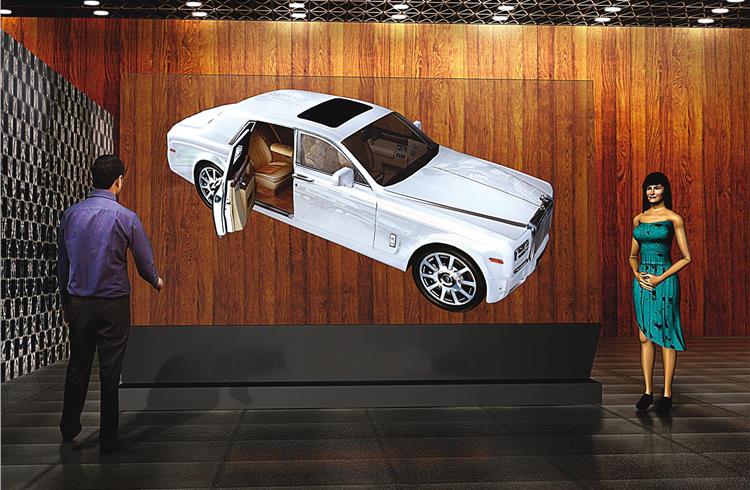
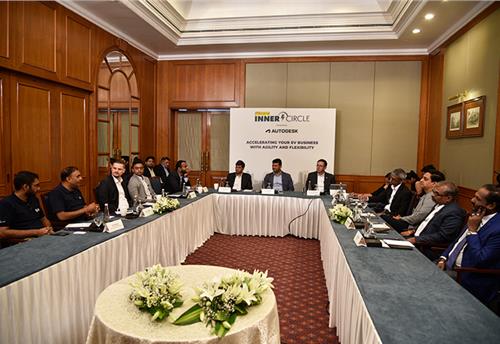
 Autocar Pro News Desk
Autocar Pro News Desk

